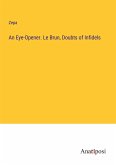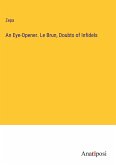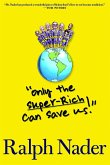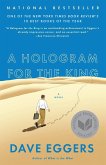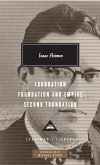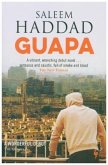Set in Salé, Morocco-the hometown Abdellah Taïa fled but to which he returns again and again in his acclaimed fiction and films-Infidels follows the life of Jallal, the son of a prostitute witch doctor-"a woman who knew men, humanity, better than anyone. In sex. Beyond sex." As a ten-year-old sidekick to his mother, Jallal spits in the face of her enemies both real and imagined. The cast of characters that rush into their lives are unforgettable for their dreams of love and belonging that unravel in turn. Built as a series of monologues that are emotionally relentless-a mix of confession, heart's murmuring, and shouting match-the book follows Jallal out of boyhood on the path to Jihad. It's a path that surprises even him.



